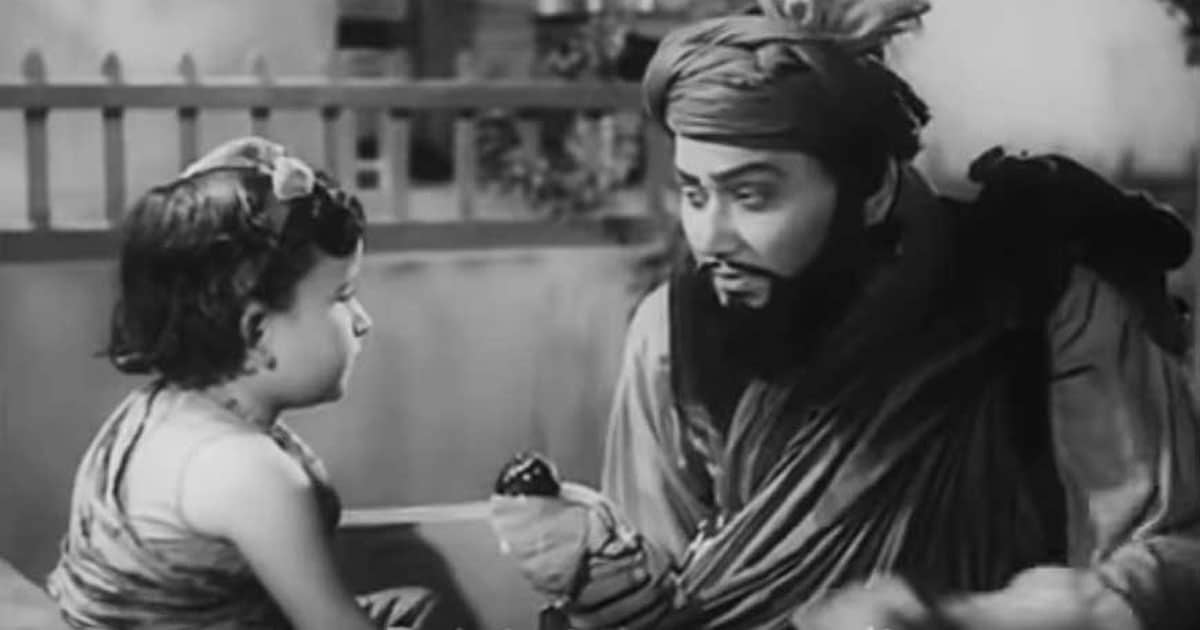How Nobel Laureate Rabindranath Tagore remains relevant even today is both striking and, at times, sad. He had his ways of carving characters into reader’s minds that would last for a lifetime.
And ‘Kabuliwala’ remains the most popular of Tagore’s prose since it’s been adapted into films, television serials and also added to school courses.
The word ‘Kabuliwala’ refers to a man from Kabul, Afghanistan, who came to India to sell Kabuli Chana and conduct other trades.
Tagore’s protagonist is also a Kabuliwala, a fruit-seller, a Pathan from Kabul, Afghanistan, who visits Calcutta (present-day Kolkata), India, each year to sell dry fruits. While living in India, he develops filial affection with a five-year-old girl, Mini, from a middle-class aristocratic family. As he is displaced and far away from home, he misses his daughter back in Afghanistan, whose reflection he sees in Mini. The little girl, too, grows fond of Kabuliwala. She is but the only person who trusts him.

But things turn dark when Rahmat (Kabuliwala) one day receives a letter from Kabul – saying his daughter is sick. There was an urgent need for money to make his journey back, so he went to someone who owed him. Unfortunately, instead of getting his money, a scuffle ensued, leading to Rahmat’s imprisonment for ten years.
Once out of prison, Rahmat went out looking for Mini, who was a grown woman about to get married, and she had no memory of the Kabuliwala.
Also, read: In The Land Of Tagore, This 129-Year-Old Library Is Dying A Slow Death. Where Are You Kolkata?
The 1961 adaptation of Kabuliwala which featured Balraj Sahni, Usha Kiran, Sajjan, Sonu and Baby Farida had a song, ”Ae Mere Pyare Watan” which we sing today for our country. But it was actually sung by Kabuliwala, who was remembering Afghanistan.
In India, New Delhi is now a refuge to many such people in exile. They continue to play the role of Kabuliwala being a kebab seller, a dry-fruit seller, a moneylender, etc. These people are now worried sick about their families back home.
The character with his longing for home is so similar to the millions of refugees fleeing Afghanistan today that it just breaks our hearts. Like Kabuliwala, the refugees today are strangers in a new land. They face a lack of trust and hostility and keep wandering, trying to make money to survive and someday return to their land may be.

